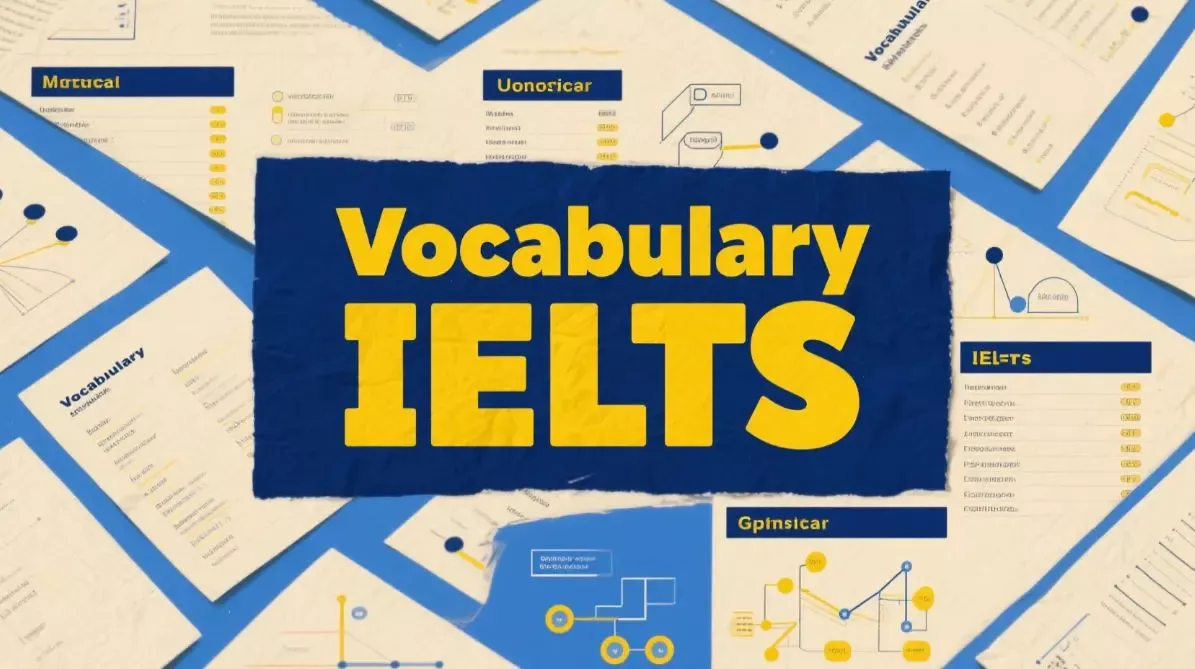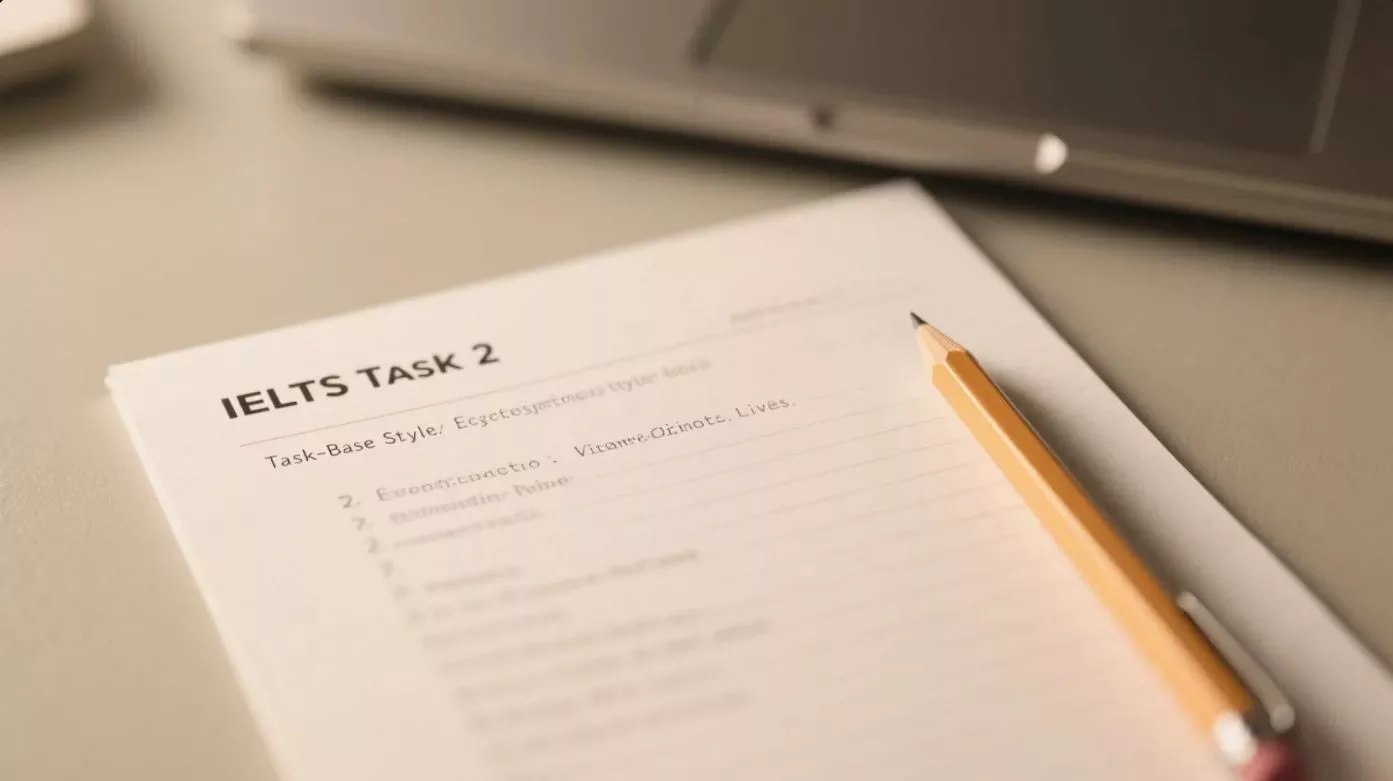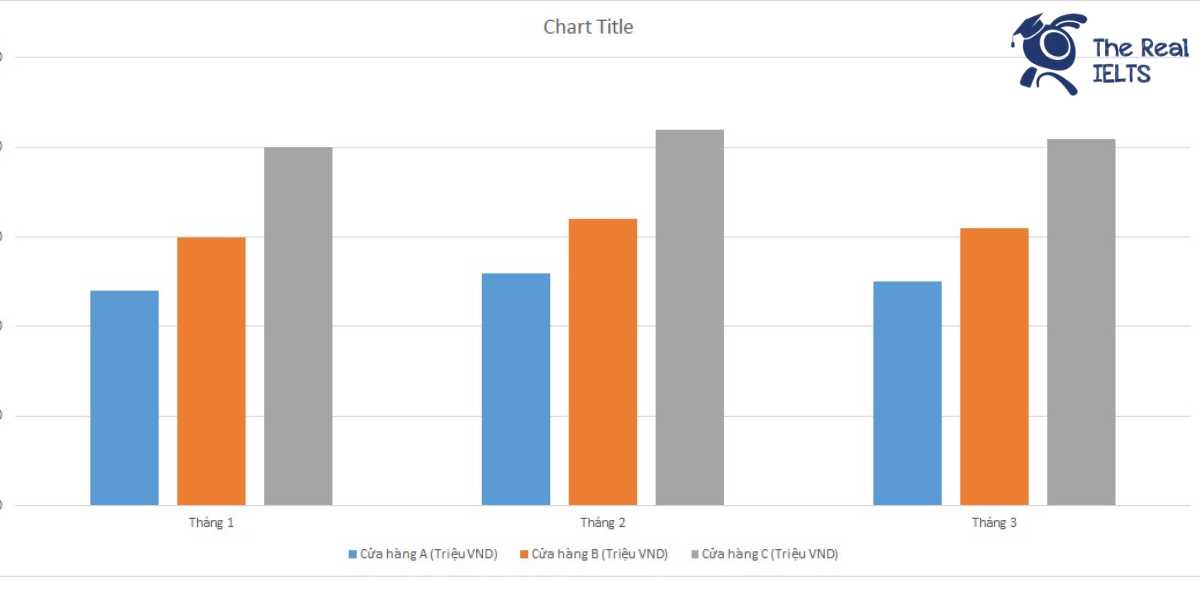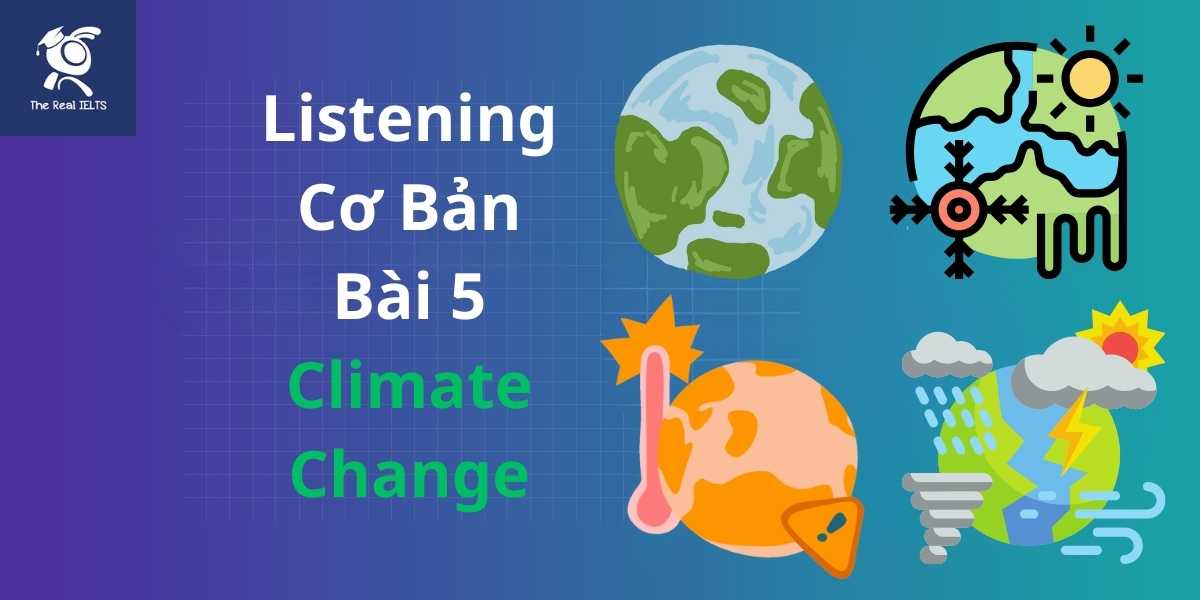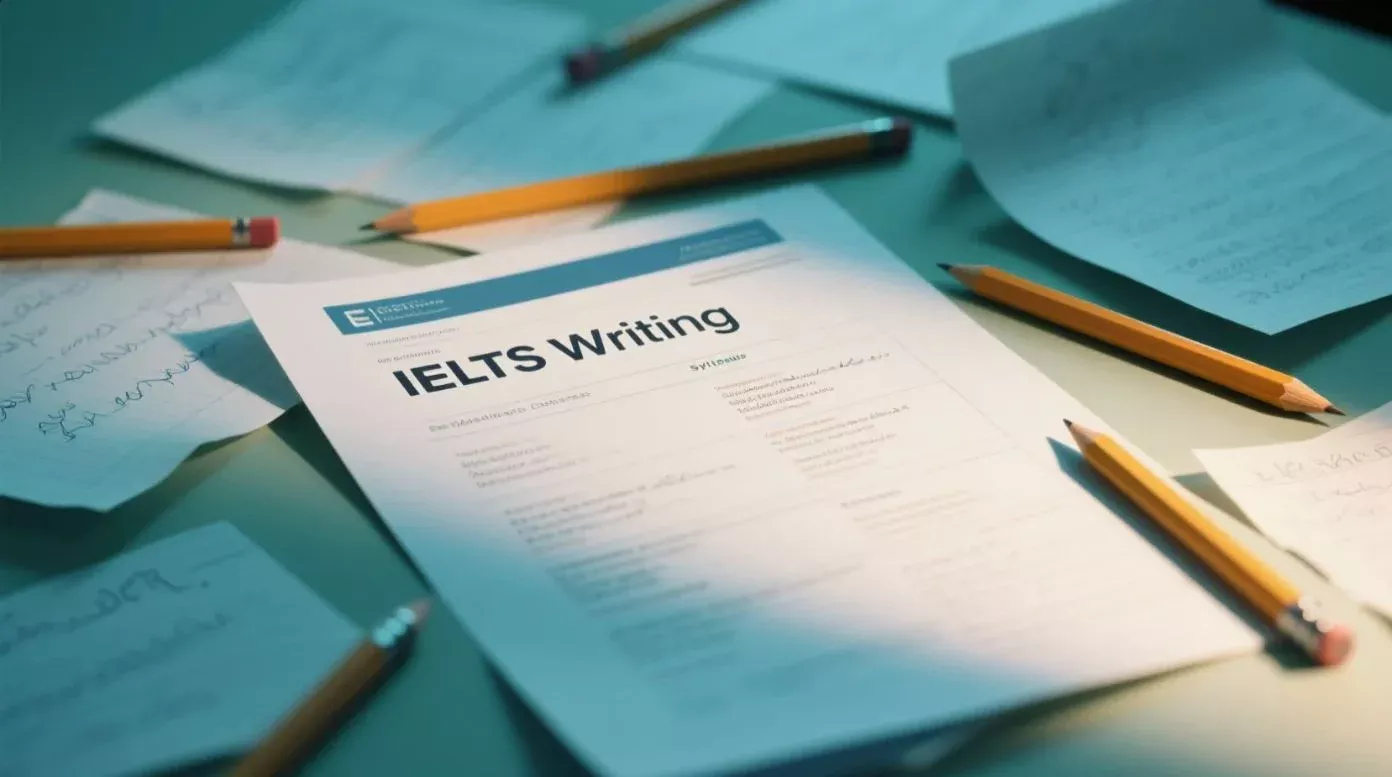Đề bài IELTS Writing task 2 dạng 2-Part industry is booming
You should spend about 40 minutes on this task
The tourism industry is booming in many countries, bringing both opportunities and challenges. What are the reasons for this? How can people research this?
Write at least 250 words.
Giải mẫu đề luyện thi IELTS Writing
The tourism industry has experienced unprecedented growth in many countries, leading to a surge in economic opportunities while simultaneously presenting numerous challenges. This essay explores the reasons behind this boom and examines ways in which people can research this phenomenon. I believe that while the expansion of tourism brings significant benefits, it also poses substantial challenges that need to be addressed.
One of the primary reasons for the booming tourism industry is the increase in disposable income among the global middle class. As more people have the financial means to travel, the demand for tourism has risen sharply. Additionally, advancements in technology have made travel more accessible and affordable. Online platforms for booking flights, accommodations, and activities have simplified the process, encouraging more people to explore new destinations. Furthermore, the rise of social media has played a crucial role in promoting tourism, as individuals are constantly exposed to images and videos of exotic locations, fueling their desire to experience these places themselves.
Another contributing factor is the strategic efforts by governments and private sectors to promote their countries as attractive tourist destinations. Many nations have invested heavily in marketing campaigns, infrastructure development, and visa facilitation to attract international visitors. For instance, countries like Thailand and Spain have positioned themselves as premier tourist spots, attracting millions of visitors annually.
However, the rapid growth of tourism also brings challenges. Over-tourism can lead to environmental degradation, overcrowding, and a strain on local resources. Popular destinations like Venice and Bali have faced significant challenges related to the influx of tourists, including damage to natural ecosystems and cultural heritage sites. Additionally, the economic benefits of tourism are often unevenly distributed, with large corporations reaping most of the profits while local communities may not experience substantial gains.
To better understand the dynamics of the tourism industry, people can undertake various research methods. Academic studies and reports from international organizations, such as the World Tourism Organization (UNWTO), provide valuable insights into global tourism trends and their impacts. Additionally, conducting surveys and interviews with local communities, tourists, and industry stakeholders can offer a more nuanced understanding of the benefits and drawbacks of tourism in specific regions. Online databases and market analysis reports can also be useful for researching the economic and environmental impacts of tourism.
In conclusion, the tourism industry’s rapid growth is driven by increased disposable income, technological advancements, and strategic marketing efforts. While it offers significant economic opportunities, it also presents challenges that must be carefully managed. Through comprehensive research, stakeholders can gain a deeper understanding of these issues and develop strategies to maximize the benefits of tourism while mitigating its negative impacts.
Thống kê cấu trúc câu và cấu trúc ngữ pháp
1. Cấu trúc câu và cấu trúc ngữ pháp:
- Câu đơn (Simple sentences):
- “The tourism industry has experienced unprecedented growth in many countries.”
- “Over-tourism can lead to environmental degradation, overcrowding, and a strain on local resources.”
- Câu phức (Complex sentences):
- “As more people have the financial means to travel, the demand for tourism has risen sharply.”
- “While it offers significant economic opportunities, it also presents challenges that must be carefully managed.”
- “Through comprehensive research, stakeholders can gain a deeper understanding of these issues and develop strategies to maximize the benefits of tourism while mitigating its negative impacts.”
- Câu ghép (Compound sentences):
- “Many nations have invested heavily in marketing campaigns, infrastructure development, and visa facilitation to attract international visitors.”
- “Additionally, the economic benefits of tourism are often unevenly distributed, with large corporations reaping most of the profits while local communities may not experience substantial gains.”
- Câu phức ghép (Compound-complex sentences):
- “Furthermore, the rise of social media has played a crucial role in promoting tourism, as individuals are constantly exposed to images and videos of exotic locations, fueling their desire to experience these places themselves.”
- “Additionally, conducting surveys and interviews with local communities, tourists, and industry stakeholders can offer a more nuanced understanding of the benefits and drawbacks of tourism in specific regions.”
2. Các từ nối (Connectors):
- Kết nối các câu:
- “While”: “While the expansion of tourism brings significant benefits, it also poses substantial challenges that need to be addressed.”
- “Additionally”: “Additionally, advancements in technology have made travel more accessible and affordable.”
- “Furthermore”: “Furthermore, the rise of social media has played a crucial role in promoting tourism…”
- “For instance”: “For instance, countries like Thailand and Spain have positioned themselves as premier tourist spots…”
- “However”: “However, the rapid growth of tourism also brings challenges.”
- “Through”: “Through comprehensive research, stakeholders can gain a deeper understanding of these issues…”
- Kết nối các đoạn văn:
- “One of the primary reasons”: Dùng để bắt đầu đoạn văn phân tích nguyên nhân của sự phát triển trong ngành du lịch.
- “Another contributing factor”: Dùng để giới thiệu thêm một nguyên nhân khác.
- “To better understand”: Dùng để chuyển sang đoạn văn nói về cách thức nghiên cứu.
Các từ vựng tiếng Anh cần lưu ý trong bài viết
- Tourism industry – Ngành du lịch
- Booming – Bùng nổ, phát triển mạnh
- Economic opportunities – Cơ hội kinh tế
- Challenges – Thách thức
- Disposable income – Thu nhập khả dụng
- Global middle class – Tầng lớp trung lưu toàn cầu
- Advancements in technology – Những tiến bộ trong công nghệ
- Accessible – Dễ tiếp cận
- Affordable – Có thể chi trả được, giá cả phải chăng
- Online platforms – Các nền tảng trực tuyến
- Social media – Mạng xã hội
- Exotic locations – Những địa điểm kỳ lạ, xa xôi
- Strategic efforts – Những nỗ lực chiến lược
- Attractive tourist destinations – Những điểm đến du lịch hấp dẫn
- Infrastructure development – Phát triển cơ sở hạ tầng
- Visa facilitation – Sự tạo điều kiện về visa
- Over-tourism – Du lịch quá tải
- Environmental degradation – Suy thoái môi trường
- Overcrowding – Quá tải, đông đúc
- Strain on local resources – Gánh nặng lên các nguồn tài nguyên địa phương
- Natural ecosystems – Hệ sinh thái tự nhiên
- Cultural heritage sites – Các di sản văn hóa
- Economic benefits – Lợi ích kinh tế
- Unevenly distributed – Phân bố không đồng đều
- International organizations – Các tổ chức quốc tế
- Global tourism trends – Xu hướng du lịch toàn cầu
- Surveys and interviews – Các cuộc khảo sát và phỏng vấn
- Industry stakeholders – Các bên liên quan trong ngành
- Market analysis reports – Các báo cáo phân tích thị trường
- Environmental impacts – Các tác động môi trường
Đọc thêm bài viết: Cách làm bài thi IELTS Writing Task 2.



